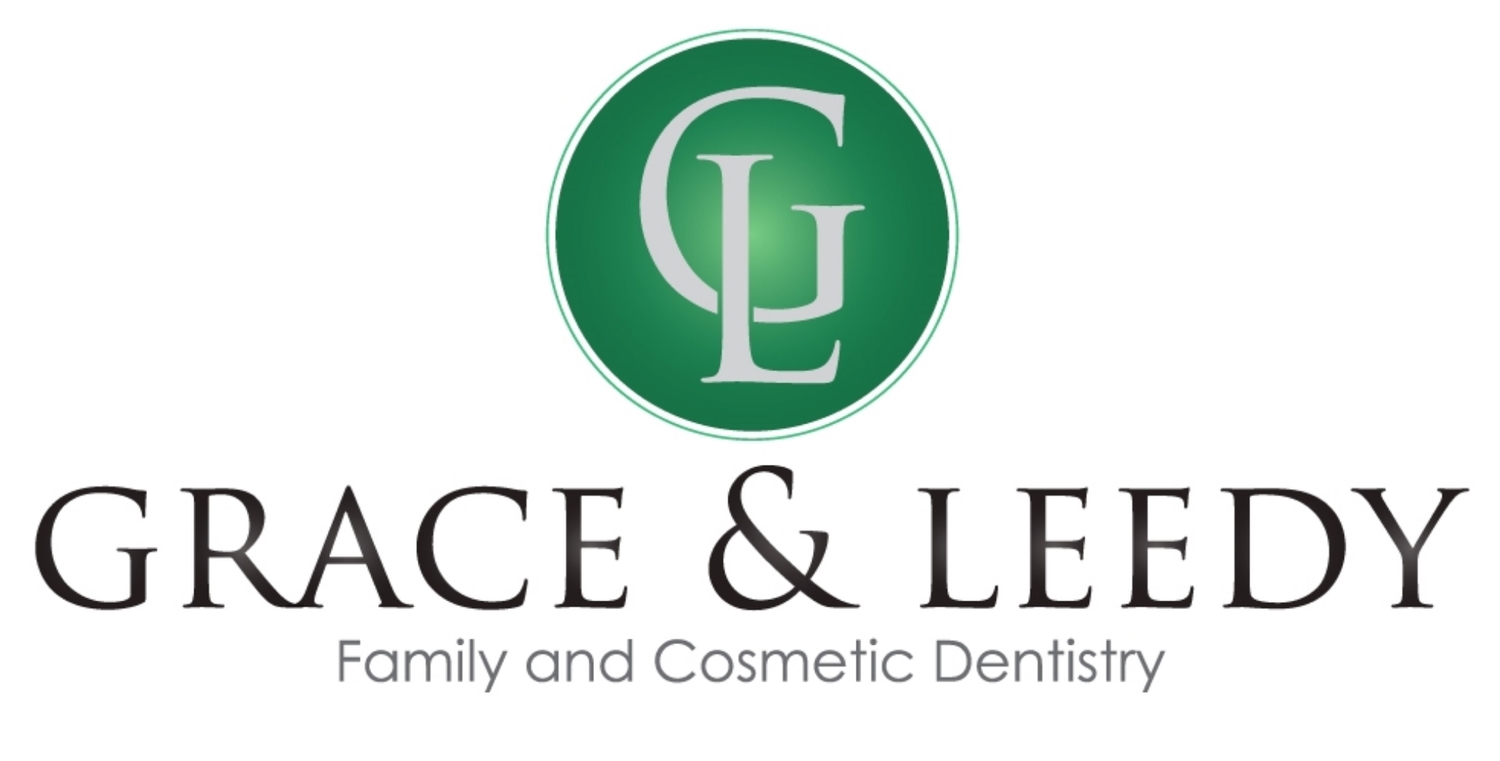
Treating Dry Mouth (Xerostomia)
Dry mouth, or Xerostomia, is a chronic condition that impacts people of all ages, however it is more common in older individuals. Left untreated, Xerostomia can lead to more severe problems including tooth decay and gingivitis. Individuals suffering from Xerostomia produce less saliva, and saliva is your mouth's natural deterrent to bacteria and acids that attack teeth. The lack of saliva can leave your teeth vulnerable to decay and infections.
Often, those suffering from dry mouth may become accustomed to the symptoms and do not seek treatment, even though the symptoms can cause significant discomfort. If you think you're suffering from Xerostomia, there are several treatments your dentist can use to reduce the symptoms or even stop dry mouth altogether.
Symptoms
The are several indications that you may be suffering from dry mouth, and the presence of more than one is an indication that you need to schedule a visit with your dentist. Common Xerostomia symptoms include:
Bad breath
Dry, "gummy" feeling in your mouth
Cracked, dry feeling in your throat
The appearance of sores in the mouth or in the corner of the mouth
Insatiable thirst
Dry or reddened tongue accompanied by feelings of burning on the tongue
Difficulty speaking
Trouble swallowing and tasting food
Sore throat
Dry or cracked lips
Dry or bleeding nose
Causes
The causes of dry mouth range from simple lifestyle choices to side effects of disease and infections. If you're currently suffering from what you believe to be dry mouth, it's wise to investigate the most simple causes first before worrying about more severe origins.
CHRONIC DEHYDRATION
Often, dry mouth symptoms may simply arise from chronic dehydration. In fact, the majority of Americans experience some degree of chronic dehydration, and the substitution of sugary drinks and caffeine instead of good old water has a lot to do with this. If you find yourself fatigued and constipated along with symptoms of dry mouth, then the easiest fix may be to drink more water! It sounds simple, but it is easy to forget. The best way to ensure you're getting enough water is to measure out how much you need (roughly half a gallon per day). You can ration it out throughout the day to ensure you drink it all. You may be surprised to find this may be the only cause of your dry mouth!
SMOKING AND TOBACCO USE
Tobacco use can lead to dry mouth in many individuals. Both smoking and tobacco use reduce the amount of saliva in your mouth, and this can lead to Xerostomia. Tobacco has additional negative effects on your dental health, and the best way to reduce Xerostomia symptoms from smoking or tobacco use is to quit.
MOUTH BREATHING
Some individuals suffer from a tendency to breathe primarily out of their mouth vs. their nose. This can occur both when awake and when asleep. Excessive mouth breathing is another potential cause of dry mouth, and the best way to address this is to try to breathe out of the nose more often. Sometimes a seasonal allergy medication or nose strips can encourage airflow in the nasal cavities vs. the mouth.
MEDICATION
Medication use is a leading cause of dry mouth in many patients, and often prescription medications come with side-effects of dry mouth. This can place an individual in a tricky situation. They need to take the medication they are prescribed, but symptoms of dry mouth can effect their overall dental health. If you're experiencing excessive dry mouth symptoms that you think are related to your medication, talk to your doctor. They may have suggestions on how to reduce the symptoms or alternative medications that may not cause dry mouth.
SIDE EFFECTS FROM CANCER TREATMENTS
The use of chemotherapy to treat cancer can damage the glands in your mouth that produce saliva, therefore creating symptoms of Xerostomia. While there is not much you can do to prevent this potential side effect of cancer treatment, there are some treatments your dentist can recommend to help with dry mouth symptoms.
Treatments
Dentists use several methods to combat Xerostomia. First and foremost, symptoms resulting from chronic dehydration, mouth breathing and tobacco use can be addressed by simple lifestyle changes. Dry mouth resulting from medication can be addressed by investigating alternative medications. However, in cases where lifestyle or medication changes do not work, there are other methods your dentist can use.
Oral rinses and medications that increase saliva production can be used to restore a healthy balance in your mouth. Some individuals find that saliva substitutes can help with their dry mouth symptoms. Creating a moist environment inside the house by using a vaporizer also helps some individuals with their Xerostomia symptoms. Finally and most importantly, don't forget to drink plenty of water!
Final Thoughts On Dry Mouth Treatment
If you have more questions about your dry mouth symptoms or what is causing it, we encourage you to visit Grace & Leedy Family Dentistry and we'll help uncover exactly what is causing your Xerostomia.
Location
10881 West Asbury Ave Suite 210, Lakewood, CO 80227
Phone: (303) 989-0452
Office Hours
MON8:30 am - 1:30 pm
TUE7:00 am - 3:30 pm
WED - THU8:00 am - 5:00 pm
FRI7:00 am - 3:30 pm
SAT - SUNClosed









comments